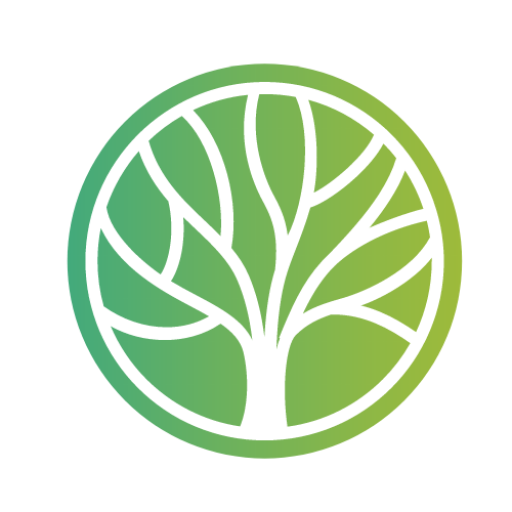Unless you have appointed a tax agent, your tax return is due on 31 October 2023. Appointing a tax agent will give you additional time to prepare all the documents required for your 2023 tax return so you can get your tax done quickly and get any refund due to you in your bank!
Income
The Australian Taxation Office (ATO) automatically receives information from your employers about salary and wages that you have been paid for the financial year. You need to declare all income from other sources on your tax return as well.
- Wages, salaries, allowances or bonuses from all employers.
- Pensions, annuities or government payments such as JobSeeker or JobKeeper.
- Investment income including interest earned and dividends paid.
- Business income, if you have a business as well as a job.
- Foreign income.
- Crowdfunding income.
- Sharing economy income such as Uber or Airbnb.
- Income such as hobbies, prize money, compensation or insurance payments may be tax free but check with us.
- Even if you have only earned a small amount from one of these sources, it still needs to be declared on the tax return. Gather all your records for anything you have earned apart from salary and wage payments from employers.
You will need:
- bank statements that show interest income;
- proof of earnings from other sources such as crowdfunding or share economy platforms;
- records of business or hobby income;
- records of government payments received;
- and records of any other payments received from overseas sources, prize winnings, insurance or investments.
Tax Deductions
Have you captured all your work-related deductible expenses to make the most of your tax return?
Employees are entitled to claim work-related expenses as a tax deduction. To claim a deduction, you must have spent the money out of your own funds and not have been reimbursed by your employer. The expenses must relate to your earnings as an employee. Make sure you have invoices and receipts as proof of payment for any work-related expenses.
Expenses you may be able to claim
- Vehicle and travel expenses – use a travel diary to record details of trips taken for your employment.
- Clothing, laundry and dry-cleaning expenses – you can claim for occupation specific clothing, uniforms and protective gear.
- Home office expenses – there are special rules this year for employees working from home because of COVID-19. You will need records of the hours you have worked from home to claim the ATO special rate.
- Self-education expenses – some education expenses that relate to your current employment are claimable.
- Tools and equipment – if you buy gear to help you in your job, this may be claimable. Small tools of trade, protective items, professional references and laptops are some examples of equipment you may be able to claim.
- Occupation and Industry Specific Guidelines
The ATO recognises that some occupations and industries have specific requirements that employees need to pay for.
There are handy ATO fact sheets for many industries, including hairdressers, teachers, performing artists, hospitality workers, lawyers, medical professionals and more.
These guides are a great starting point if you are not sure what you can claim, but we can give you information tailored to your situation when you do your tax return with us.
Superannuation
If you have made personal superannuation contributions separate to your employer’s superannuation guarantee contributions, you may be able to claim this as a tax deduction. You will need to provide a notice of intent to claim form to your super fund and receive acknowledgement from the fund before doing your tax return.
Book a time with us now to prepare for your tax return and we’ll make sure you make the most of all applicable tax deductions this year.



